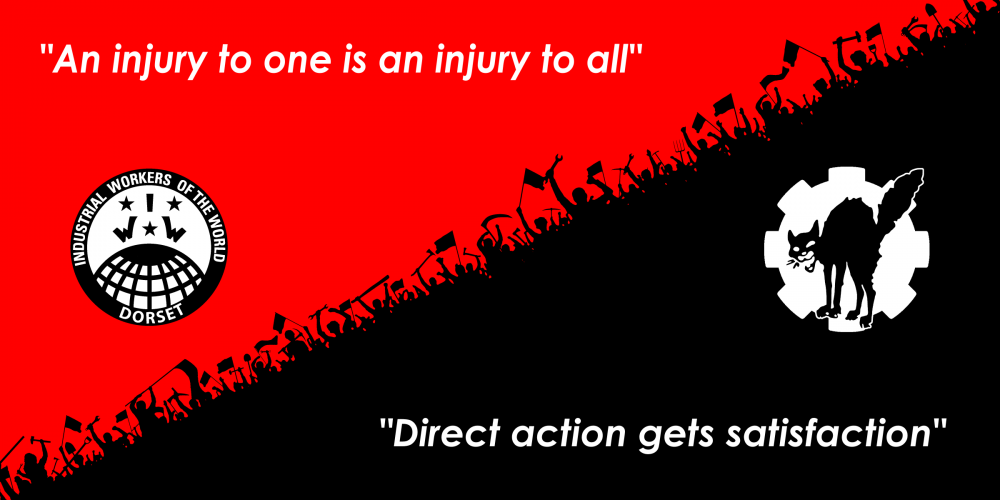 There is a way to help unemployed people who have ‘failed’ workplace assessments and a way was found here in Dorset.
There is a way to help unemployed people who have ‘failed’ workplace assessments and a way was found here in Dorset.
A fellow worker with quite severe adult ADHD and anxiety disorder was recently the victim of a ridiculous workplace assessment and found totally fit for work without any consideration for his condition.
The fellow worker is in possession of a letter of diagnosis dated October 2014 that his ADHD and anxiety are so bad that he is unfit for work.
The fellow worker is also a single parent.
After the assessment ‘fail’ his ESA was immediately stopped and he was informed to file a claim for JSA and search for a job. No support, no guidance, nothing.
The fellow worker asked me to accompany him to the job centre and I did so.
The initial appointment was basically a ‘get the claim filed’ exercise designed to last about 10 minutes. This was no problem.
The fellow worker was then told that his next appointment would be a 40 minute appointment that would delve further into an appropriate type of work and any implications regarding his single parenthood. The JC adviser then told the fellow worker his appointment would be at a time that was ridiculous and gave the fellow worker no time to pick his daughter up from school.
The fellow worker asked for another appointment more appropriate and was told ‘no’.
The fellow worker then asked me for assistance. Together we demanded an appropriate appointment and the second time around after some faffing around in a back area we were given the appointment we wanted.
Getting this wish gave us 7 days to formulate a strategy to try to avoid the fellow worker being put into a position where :-
1. His mental health would deteriorate
2. He would be unable to take and collect his daughter to and from school
3. He would be able to construct a meaningful appeal against the work assessment’s ridiculous findings.
The answer was a good old fashioned GP’s sick note that the fellow worker had obtained at a GP’s vist immediately after the 10 minute interview at the jobcentre.
The fellow worker and I attended the job centre for the 40 minute appointment and rather than let the JC adviser control the interview the fellow worker took immediate control and presented his sick note clearly stating that he was signed off from work for 3 months with an anxiety disorder.
This gave us everything we wanted. The job centre adviser was forced to concede that JSA can be paid for up to 13 weeks on production of a sick note without there being any pressure on the claimant to search for work or be on any kind of workfare program.
I am pleased to say that our fellow worker will now be paid for 3 months at the full adult jobseekers rate, is under no pressure to attend the job centre, search for work or be mandated to attend workfare.
The pressure is now off and the task ahead is for our fellow worker to put together an appeal and have his ESA re-instated.
The important point in all this is that there is a role for union reps with job centre claimants.
The fellow worker approached the union for help and together we were able to identify a strategy that would achieve what the fellow worker wanted and we left the job centre fully satisfied with the outcome.
Credit goes to the fellow worker who owned the problem and with union assistance worked out his own solution.
He did tell me that support from the IWW had been crucial in him obtaining the confidence to clearly dominate the proceedings at the job centre and get the result he wanted.
He was quite anxious that because his ESA had been stopped, without an income he and his daughter would have problems being able to feed themselves and pay their rent.
I am please to report that this fellow worker and his daughter are now safe for 3 months pending appeal thanks to his presence of mind and appropriate IWW support.






